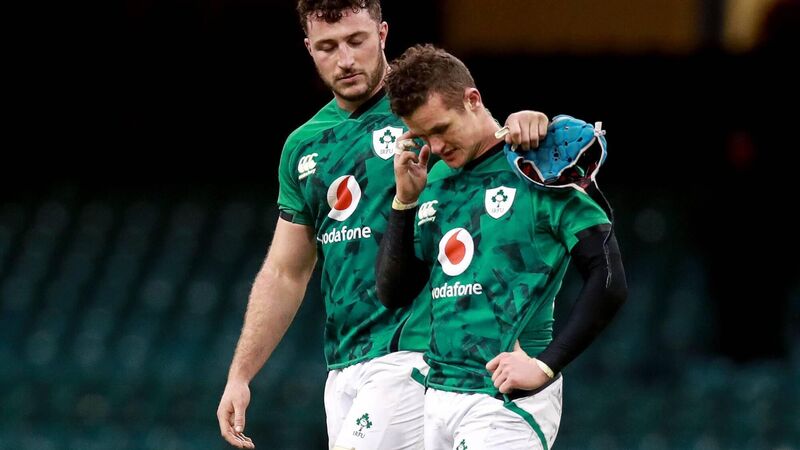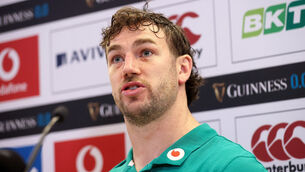'In order to stand out from the crowd, many fans choose to be outrageous'

TARGETED: Billy Burns after the Ireland defeat in Cardiff. Social media has become something of a wild-west where people feel free to throw insults about at will and not be held accountable."
Not necessarily. Over the past number of years, the level of general vitriol on social platforms has increased. It has become something of a wild-west where people are free to throw insults about at will and not be held accountable.












